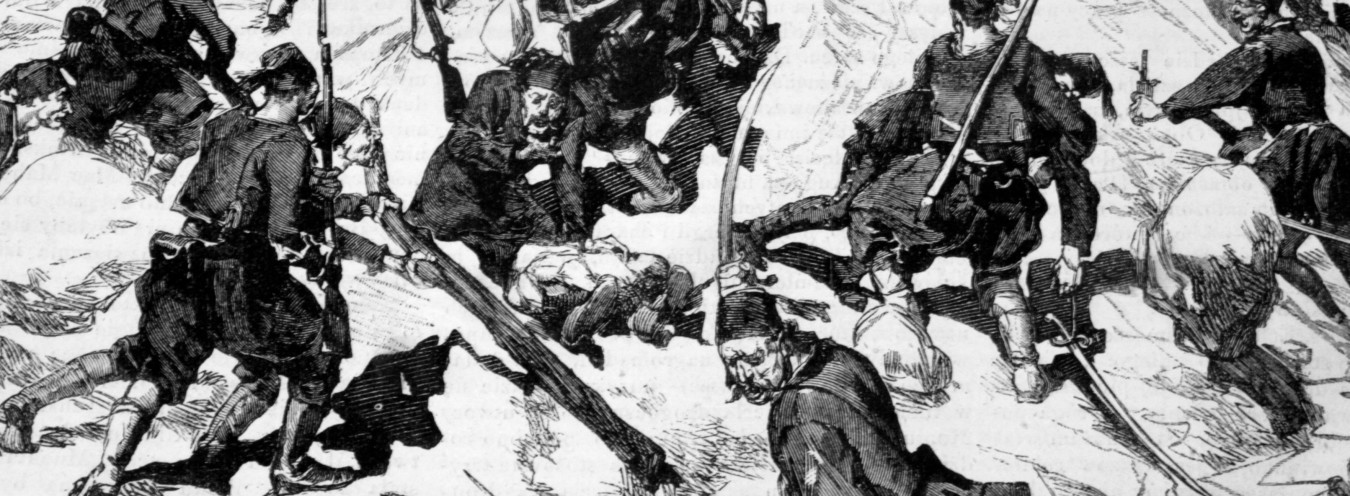
The Past
Although the action of The Doll takes place over the course of almost two years (between March 1878 and October 1879), the characters are tied up with much earlier events. There is a definite difference in the way the author treats the novel’s present – e.g., references to current affairs in talks and conversations or comments in Ignacy Rzecki’s journal – and the past, featured in recollections, with certain episodes resurfacing more than others. These are mainly Napoleonic wars, the Springtime of Nations with a particular focus on the Hungarian Revolution, and the Polish 1863 January Rising; they are tightly intertwined with the characters’ lives.
1878 saw the development of the conflict in the Balkans, which started one year earlier in Bulgaria with an anti-Ottoman revolt supported by Russia. Despite considerable resistance, the Ottoman Empire was defeated and had to recognise Bulgarian independence. Russia, in turn, won back Bessarabia that had been lost in the Crimean War, and assumed protectorate over Bulgaria, Serbia, Romania and Montenegro. This state of affairs was ratified in the Treaty of San Stefano on 3 March 1878. It went mainly against the interest of Austria, equally intent on taking the Balkans over from the Ottoman Empire, but Prussia and Britain were also alarmed. The characters of The Doll comment on recent movements of the British fleet, the Austrian armament and plans for the annexation of Bosnia and Herzegovina.
On the initiative of the Foreign Minister of Prussia, Otto von Bismarck, an international congress was held in Berlin between 13 June and 13 July 1878. It practically deprived Russia of the influence conferred by the Treaty of San Stefano. The Balkan states were recognised as independent (which abolished the Russian protectorate), Austria was granted the right to annex Bosnia and Herzegovina, and Britain took over Cyprus. These conditions allowed war to be prevented.
Apart from references to the above, The Doll also mentions the assassination attempt on Emperor Wilhelm, the war in Afghanistan, and the Zulu rising in Natal.



